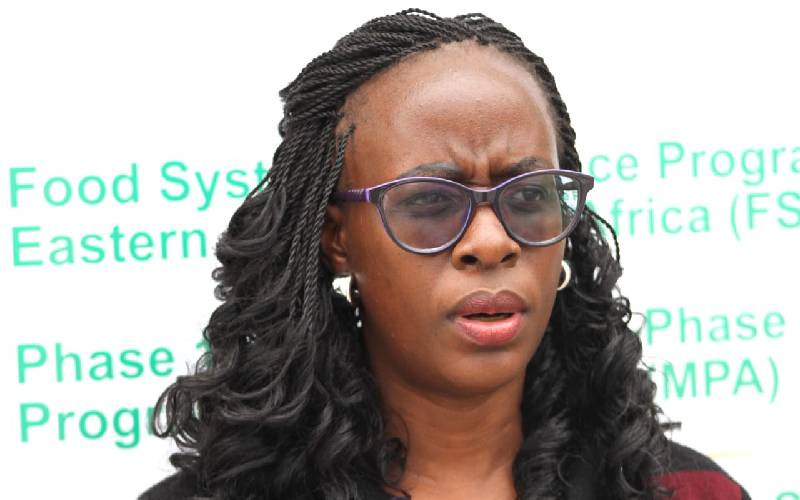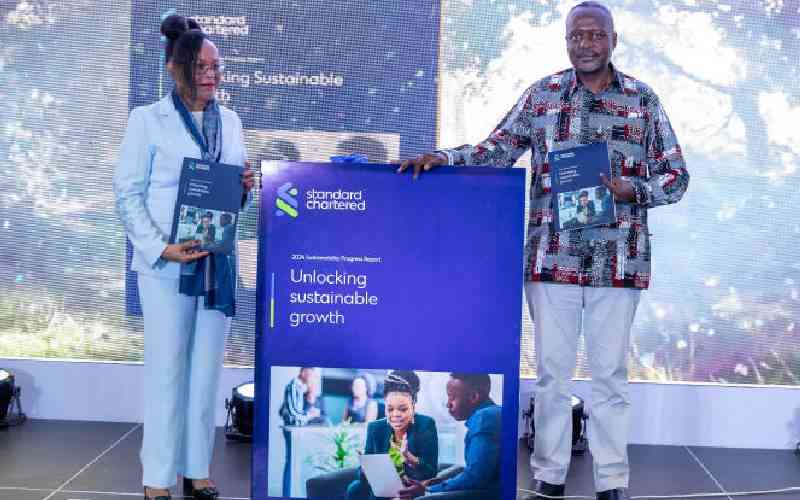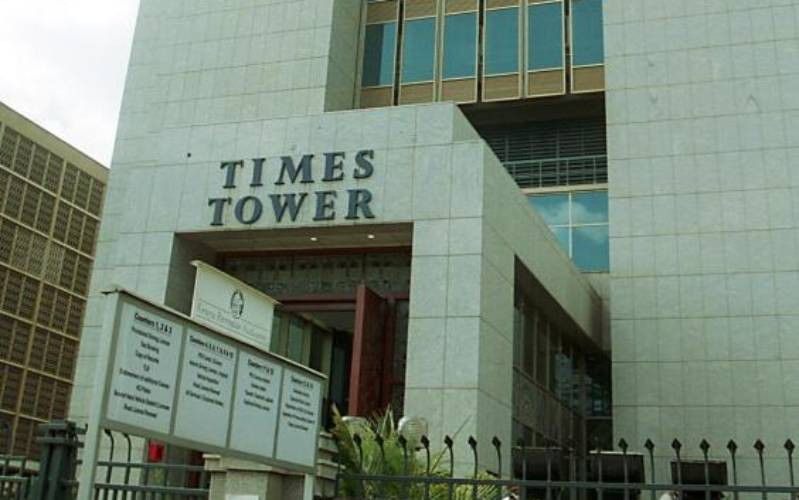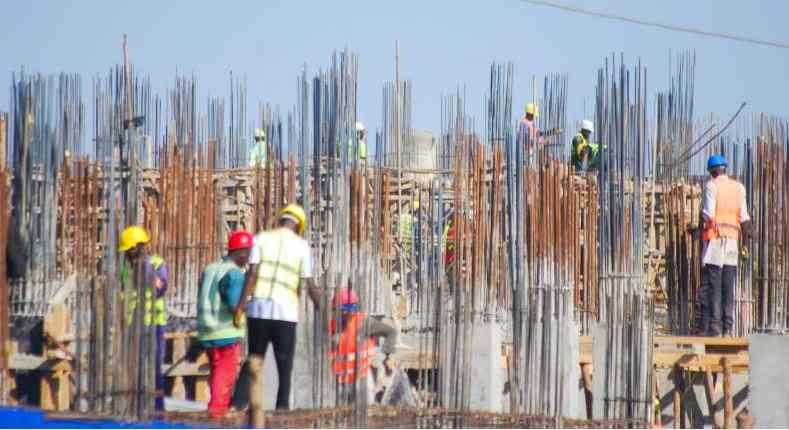
Kenya still faces a potential threat of hunger despite the government’s heavy investment in fertiliser and other agricultural inputs.
According to agriculture and food security policy experts, the country has failed to meet several targets adopted by the African Union to accelerate agricultural growth and transformation towards achieving food security.
Addressing the media on the sidelines of the Fifth Biennial Review validation forum attended by experts from various sectors, Administration Secretary in the State Department for Agriculture, Rashid Khator, revealed that Kenya scored below the minimum threshold required to meet the Malabo Commitments—targets adopted by African heads of state in Equatorial Guinea in 2014.
The commitments included investing at least 10 per cent of a country’s Gross Domestic Product (GDP) in the agricultural sector to attain at least 6 per cent average annual growth in agricultural GDP.
During the second Biennial Review (BR) in 2019, Kenya scored 4.88 against a minimum score of 6.66 and was said not to be on track to meet the Malabo Commitments by 2025. In the third BR, Kenya achieved an average score of 5.62 against a benchmark of 7.28, again falling short,” he said.
The main challenges for Kenya’s poor BR performance, he said, were data gaps and low scores in key indicators such as poverty and food security, trade, agricultural services, and public investment in agriculture.
His sentiments were echoed by Sylvia Henga, a policy and food security expert at the Intergovernmental Authority on Development (IGAD), who said eliminating hunger in Kenya remains elusive based on several indicators.
“According to the Fourth BR released in January 2024, Kenya was again not on track across almost all commitments aimed at ending hunger by 2025. Despite progress made through increased fertiliser use and subsidised inputs, the current focus should shift to soil health. We must consider environmental sustainability even as we push for agricultural progress,” Dr Henga told journalists in an interview.
Acknowledging government interventions to boost food production, Henga said there is a dire need to create public awareness around nutrition and food safety.
“There is an urgent need to educate people about healthy diets. Obesity is increasingly affecting many Kenyans, so we must watch what we eat. Part of our recommendations also include better urban planning that supports walking and cycling, like in other countries,” she said.
She added that transforming agriculture requires a multi-sectoral approach, taking into account enabling factors such as infrastructure.
According to a report by the Comprehensive Africa Agriculture Development Programme (CAADP), at least 62 million people in the Horn of Africa faced hunger in 2024, underscoring the need for swift interventions to boost food production in the region.
“The key issue here is that agriculture remains the main economic backbone for most African countries. Yet we are currently dealing with very high numbers of food-insecure people. This calls for stronger, more coordinated efforts to push the food security agenda,” Henga said.
Stay informed. Subscribe to our newsletter






